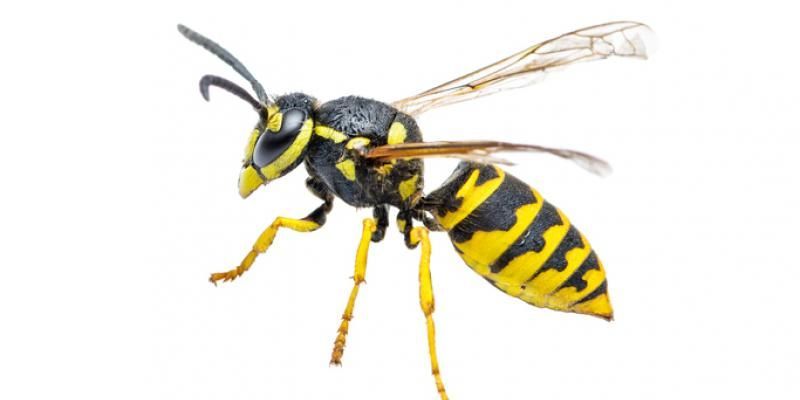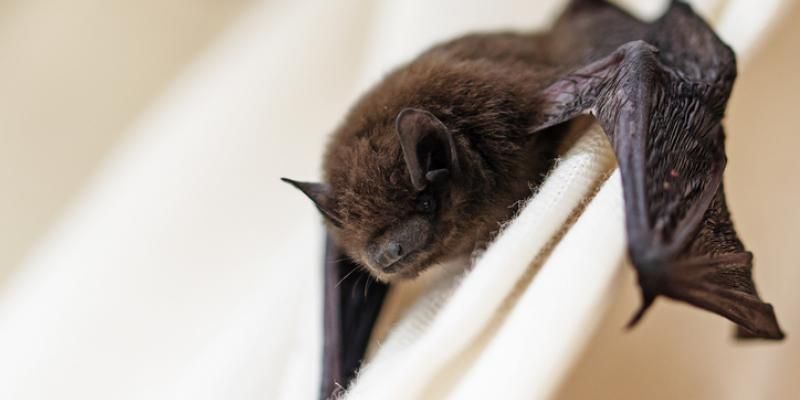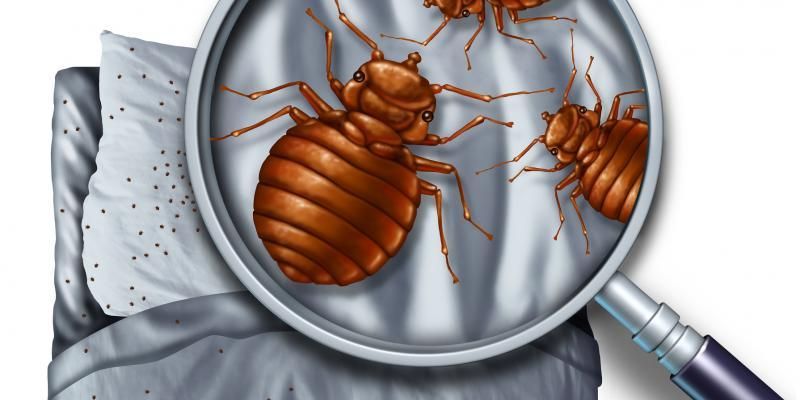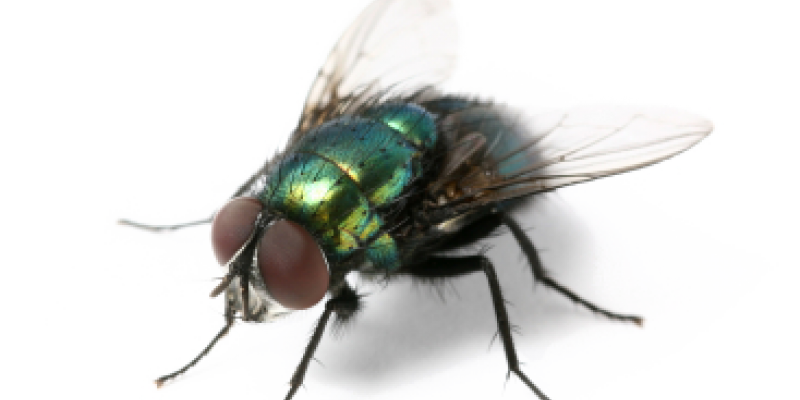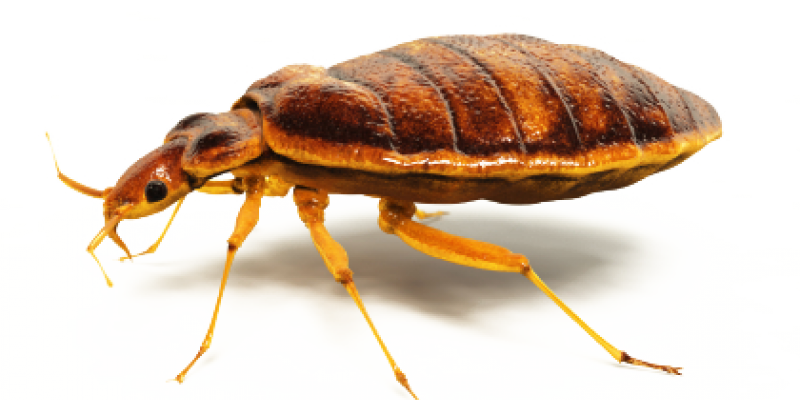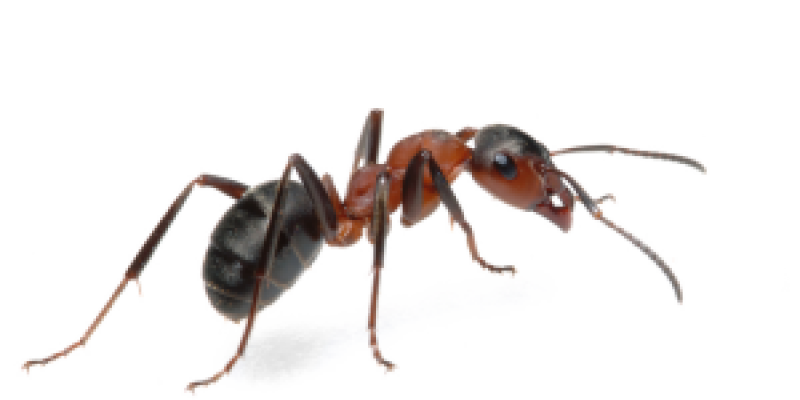Where Are Lone Star Ticks Found and Will I Get a Meat Allergy?
Understanding the Threat of Lone Star Tick Disease
In general, people spend more time outdoors throughout the spring and summer, which raises concerns about potentially harmful ticks. The propensity of lone star ticks in particular to spread ehrlichiosis—a disease that can cause an allergy to red meat—has made them a fascinating species.
It almost sounds like a disease from a sci-fi movie, but this threat is not a figment of the imagination. Should you be concerned?
The experts at 24/7 Local Pest Control are here to answer your questions about lone star tick disease, including where these ticks are found and what is up with that dreadful meat allergy.
Where Are Lone Star Ticks Found?
Until recently, people outside of the southern parts of the United States didn’t have to worry about lone star tick disease. However, as the tick species has been spreading north, you now need to watch out for them in the entire eastern half of the United States—from Texas to Iowa and all the way east to the east coast. While the lone star ticks have shown up in areas as far north as Maine, they are still more common in southern states.
You will be able to identify a lone star tick by its silver-white dot—or “lone star”—located on the dorsal shield of females. Adult lone star ticks have a round, reddish-brown body and long, thin mouthparts.
Lone Star Tick Disease: Ehrlichiosis
Lone star ticks transmit bacteria that may lead to several different types of illnesses but the most well known and common is ehrlichiosis. This bacterial illness causes flu-like symptoms ranging from mild body aches and fatigue to high fever and vomiting. Perhaps the most notorious symptom is when the bitten individual develops an allergy to red meat (beef and pork).
While the meat allergy does not happen to every person who is bitten by a lone star tick, it is common enough to be cause for concern.
How does this bizarre allergic reaction develop? When the lone star tick bites a human after feeding on other mammals, the victim can experience an immune system response to the tick’s saliva molecules. Doctors say it can take anywhere from two weeks to three months after a lone star tick bite to experience this bizarre allergic reaction.
How Likely Are You to Contract Ehrlichiosis?
As the lone star tick species continues to expand its geographic footprint, many people living in the eastern half of the U.S. want to know what the risk is for contracting ehrlichiosis or developing the lone star tick meat allergy. Research reveals that a lone star tick is less likely to carry ehrlichiosis than a deer tick (also known as a black-legged tick) is to carry Lyme disease. So not everyone who is bitten by a lone star tick will develop a red meat allergy.
The risk may not be high enough to warrant alarm. Still, it’s important to note that the lone star tick is the most aggressive tick species. It’s possible to experience multiple bites if you find yourself in their habitat.
Protect Yourself and Your Family with Tick Control Services
Checking for ticks regularly and being aware of the risk of tick-borne illnesses is important, but there’s more you can do to minimize exposure to the lone star tick disease
Let the team of experts at your local 24/7 Local Pest Control help you to combat any tick species in your area with our reliable tick control services.
We are dedicated to using the best prevention and barrier methods to serve as a strong line of defence against tick-borne illnesses. Call us at(833) 220-1001 or contact us online to schedule professional tick control services.

